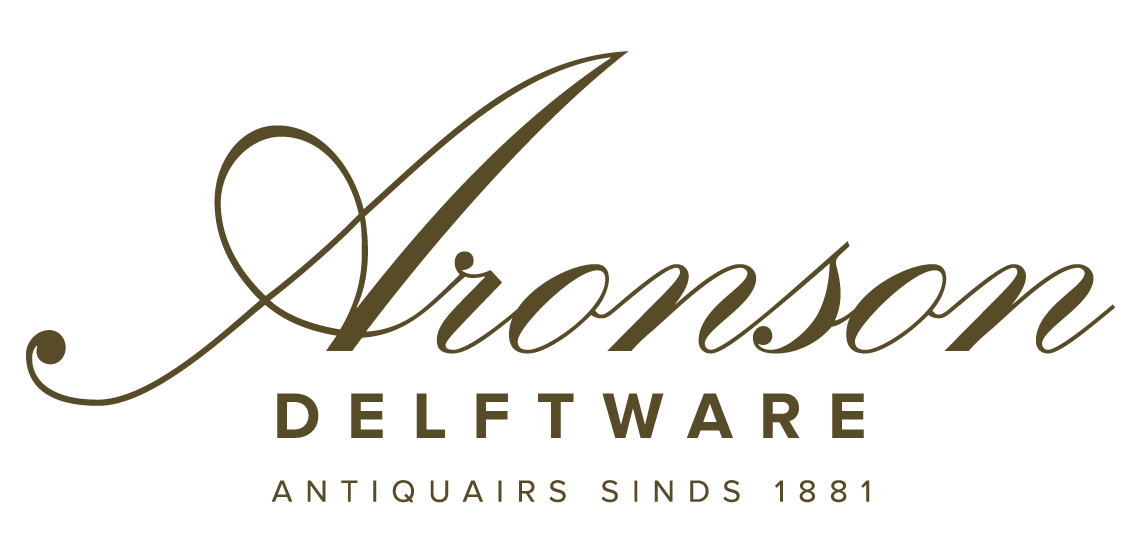D8231. Blue and White Oval Plaque
€11.500,00
Amsterdam, circa 1740
Painted with a fashionable lady between a man playing a violin from a musical score, and a gesticulating lady holding another score, all seated at a cloth-covered table set with a wine glass and bottle on a tray, behind them a draped wall supporting a colonnade before a classical building beyond, the self-frame with an inner border of blossoms and scrolling foliage, and an outer border washed in blue; the reverse unglazed.
Dimensions
Length: 49.2 cm. (19 3/8 in.)
In stock
Description
Note
In the seventeenth and eighteenth centuries, Delft was a prosperous town with several thriving industries including many breweries, the famous Delftware, and tapestry weaving. Delft’s wealthy burghers were proud of their new refined lifestyle which allowed for many activities of leisure, such as music making. Genre painting also included scenes of women engaged in leisurely activities. The most frequently depicted subject is of women playing music or dancing. In the seventeenth century, music was an integral part of Dutch culture at all levels of society. In sophisticated circles, intimate musical gatherings were not only a pleasurable means for escaping everyday cares, but a popular and widely accepted social activity for members of the opposite sex. Pictures of fashionable young people making music in interiors were quite popular and often appeared on the covers of songbooks. What is striking about such paintings is the conventionality of their subject matter. They almost all consist of elegant young men and women who sing and play music in well-appointed interiors, using ornately designed instruments.
The blue and white oval plaque, from circa 1740, was made in Amsterdam. It is painted with a merry company playing music and enjoying wine. A fashionable lady is seated between a man playing a violin from a musical score and a gesticulating lady who is holding another score. They are seated at a cloth-covered table, set with a wine glass and bottle on a tray. Although the interior is composed of a typical Dutch checkered tile floor, it lacks a Dutch feel because of the draped wall supporting a colonnade before a classical building in the distance. The earthenware painter was probably inspired by classical landscapes, rather than realistic Northern European interiors. Interestingly, the decoration on the plaque combines music and wine, which was a frequent combination in paintings and often signifies seduction. Of course, the relationship between music and love has long existed in art, and the use of musical harmony as a metaphor for harmony between two lovers was common. Perhaps the gentleman and a lady in the scene are in an amorous relationship, as suggested by the music making and the bottle of wine. However, these scenes do not always contain a hidden message, and many times the meanings are lost today.
Additional information
| Price | €10.000 – €40.000 |
|---|




